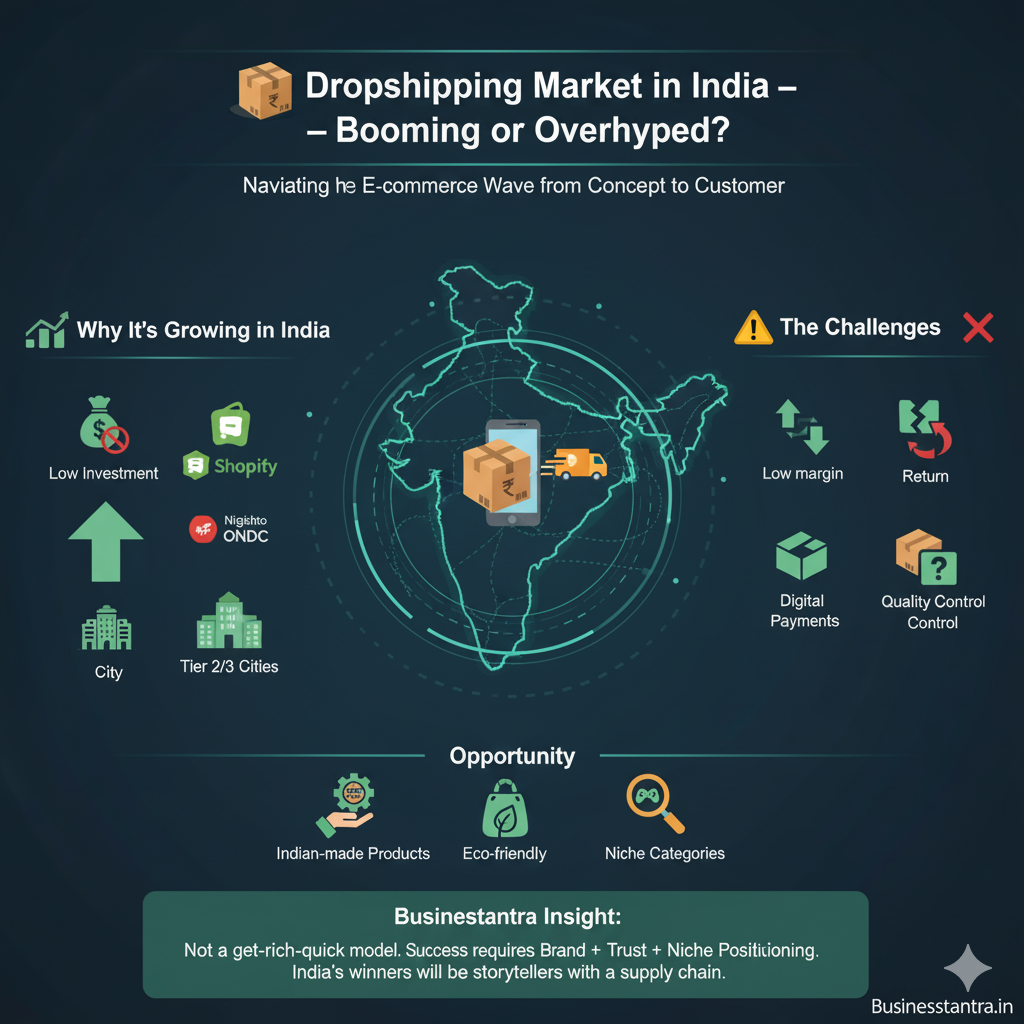the promise behind edtech investments
[ad_1]
“Teachers are so busy,” says Evan Clark, co-founder and director of educational content provider ClickView, which launched almost 20 years ago. Clark, who also advises other early stage edtech start-ups, believes that companies have little chance of widespread adoption across schools unless they tackle core teaching requirements or pain points regularly experienced by teachers.

Amanda Bickerstaff, chief executive of Pivot, says social impact investing has helped the vertical grow.Credit:Pivot
“I’m sceptical of the vast majority of new edtech products entering the space, knowing the million and one tasks that teachers are already required to do,” he says. ”Saving teachers time continues to be the recipe for success in the edtech space.“
Just as teachers, time-poor as they are, are motivated by the success of students, so too should investors, according to Pivot’s Bickerstaff.
“It can be a learning process for those that are interested in edtech because the measurement of success is not just dollars,” she says. “It can be easy to think that [investing in edtech] will work like other types or businesses or verticals. And it doesn’t. There are distinct types of schools and contexts and communities.“
That’s a message echoed by Cluey’s chief executive Mark Rohald, who founded the company to address gaps in student learning outcomes in an “industrialised model” of education.
“It’s not a rapid-fire investment. Things take time in education to shift the dial,” he says. “If you’re going to roll something out, you won’t know the value you create until a reasonable amount of time has passed.
“It’s not transactional like retail where you go online and promote your product and you either sell them or you don’t. The outcome isn’t just payment for the service but the gain in learning, the gain in improvement, and the takeup of services in the longer term.”

Canopy Study’s cofounders, Dean Mikan, Ethan Catzel, and Andre Avedissian, hope to ride the wave of post-pandemic digital growth.Credit:Canopy Study
Canopy Study, an AI-operated app that automates quizzes and diagnostic tests for students, is the latest ed-tech start-up to set up shop, attracting a $1.1 million investment from venture capital firm Folklore earlier this month.
Dan Fleming, investor at Folklore, says the pandemic has “exposed a lot of the vulnerabilities within education and showed us it’s still in the early stages of tech adoption.”
“This isn’t just about integrating Zoom into classrooms; we’re talking about tech reshaping the industry and philosophy around how we learn.”
”The sector is still very much ripe for disruption,” he says.
Education is a slow-moving and often challenging industry to innovate in partly because of its size and bureaucracy, but also because of the huge impact it can have, according to EduGrowth’s Linke.
“My view is that education quite rightly should be a slow, innovative space because you’re dealing with people’s learning, and what their life is going to be like,” he says. No parent in the world wants their child in a classroom that will be experimental.”
“You don’t get into edtech because you want an easy path to make money,” admits Bickerstaff. But she is bouyed by the growth of social impact investing in the space.
“That incentivises us to create the best thing possible, so that becomes the value.”
The Business Briefing newsletter delivers major stories, exclusive coverage and expert opinion. Sign up to get it every weekday morning.
[ad_2]
Source link










